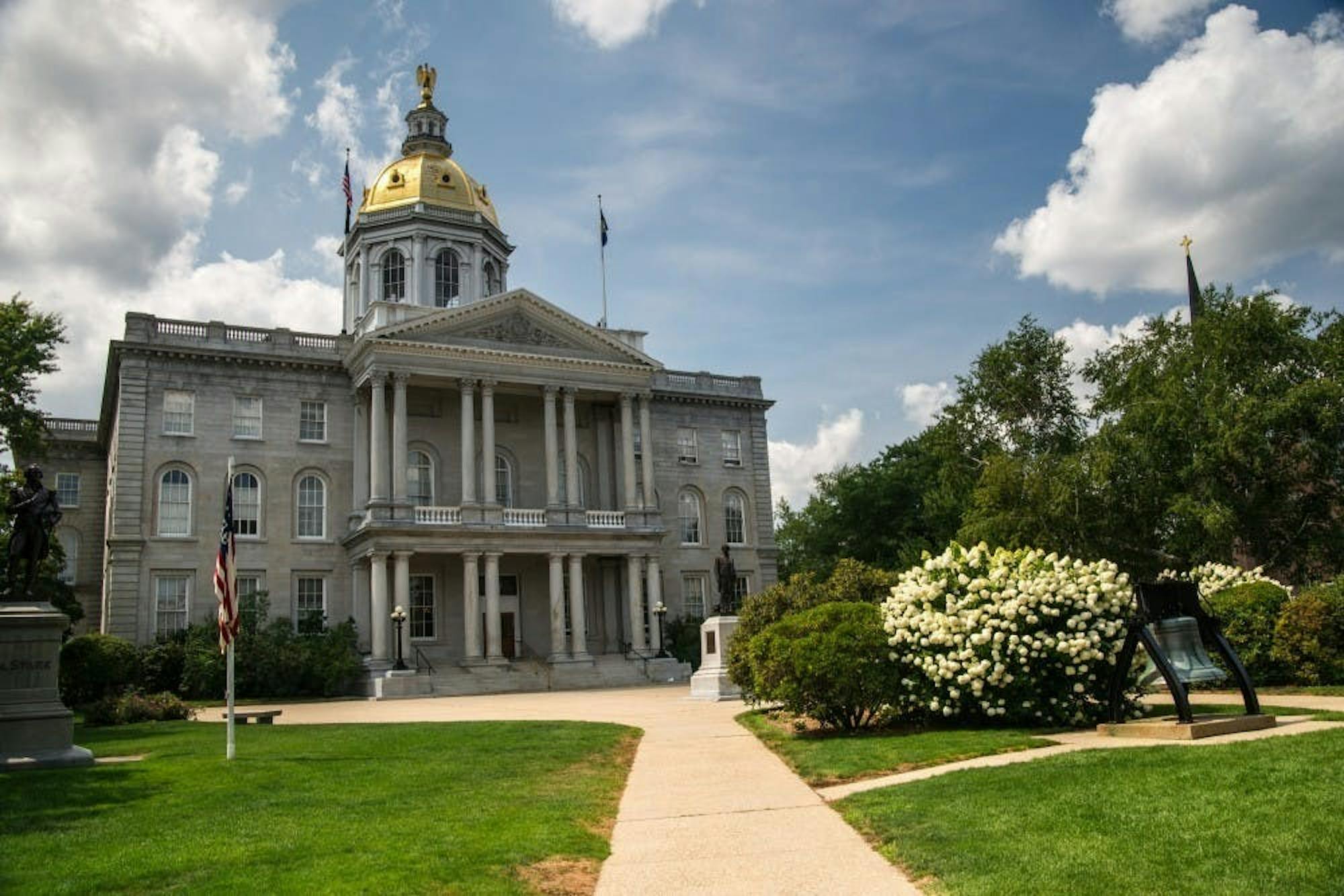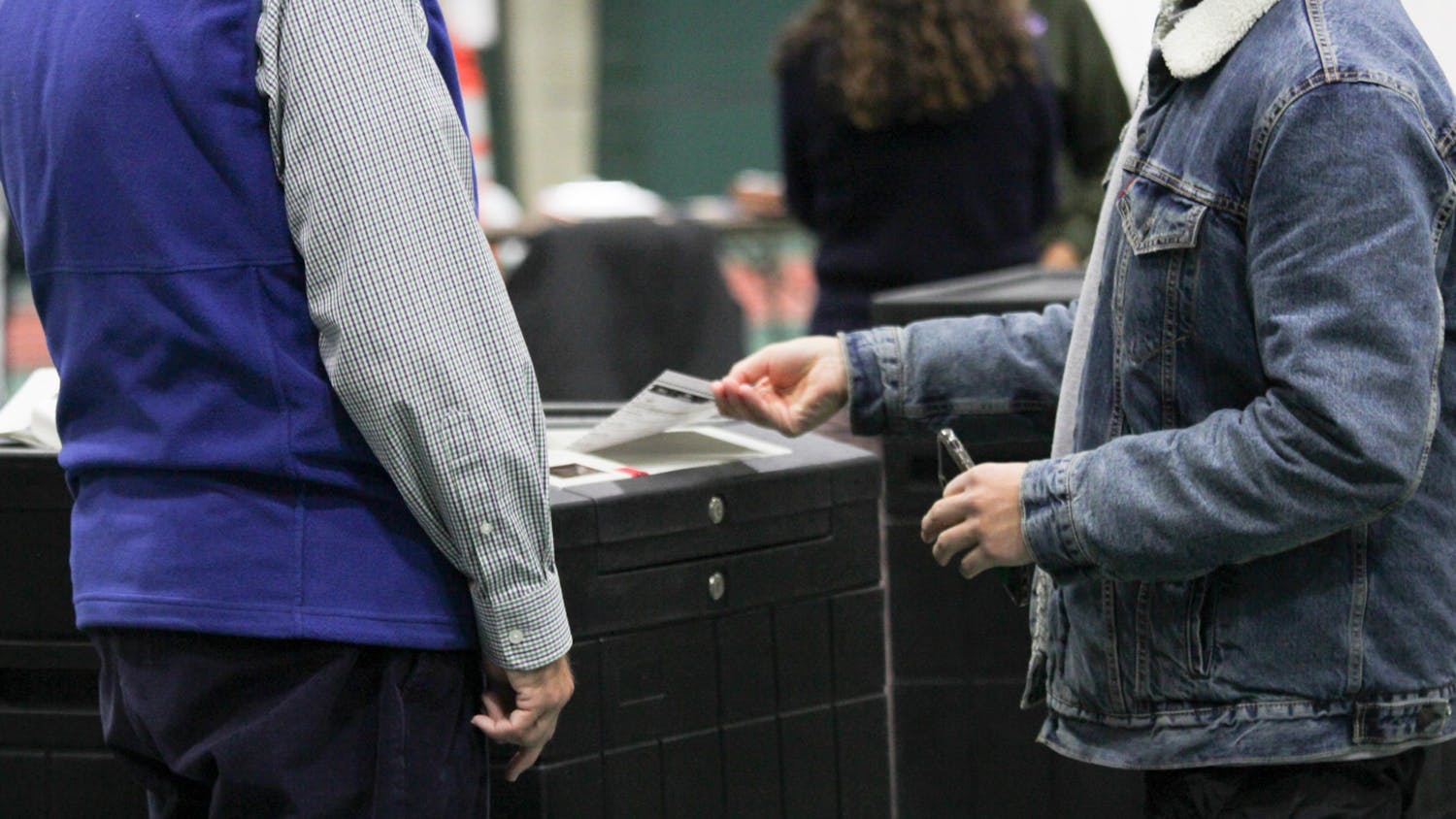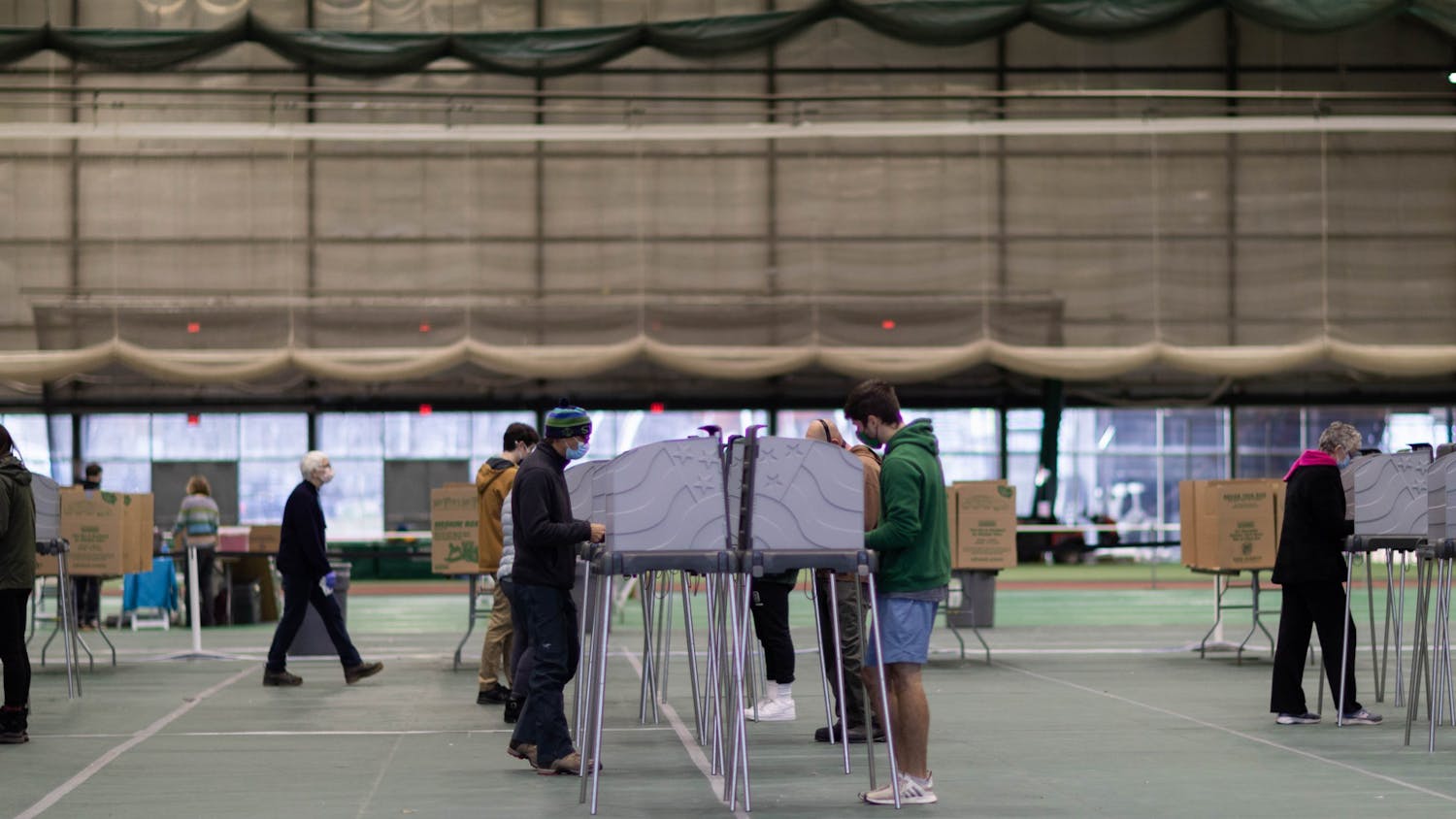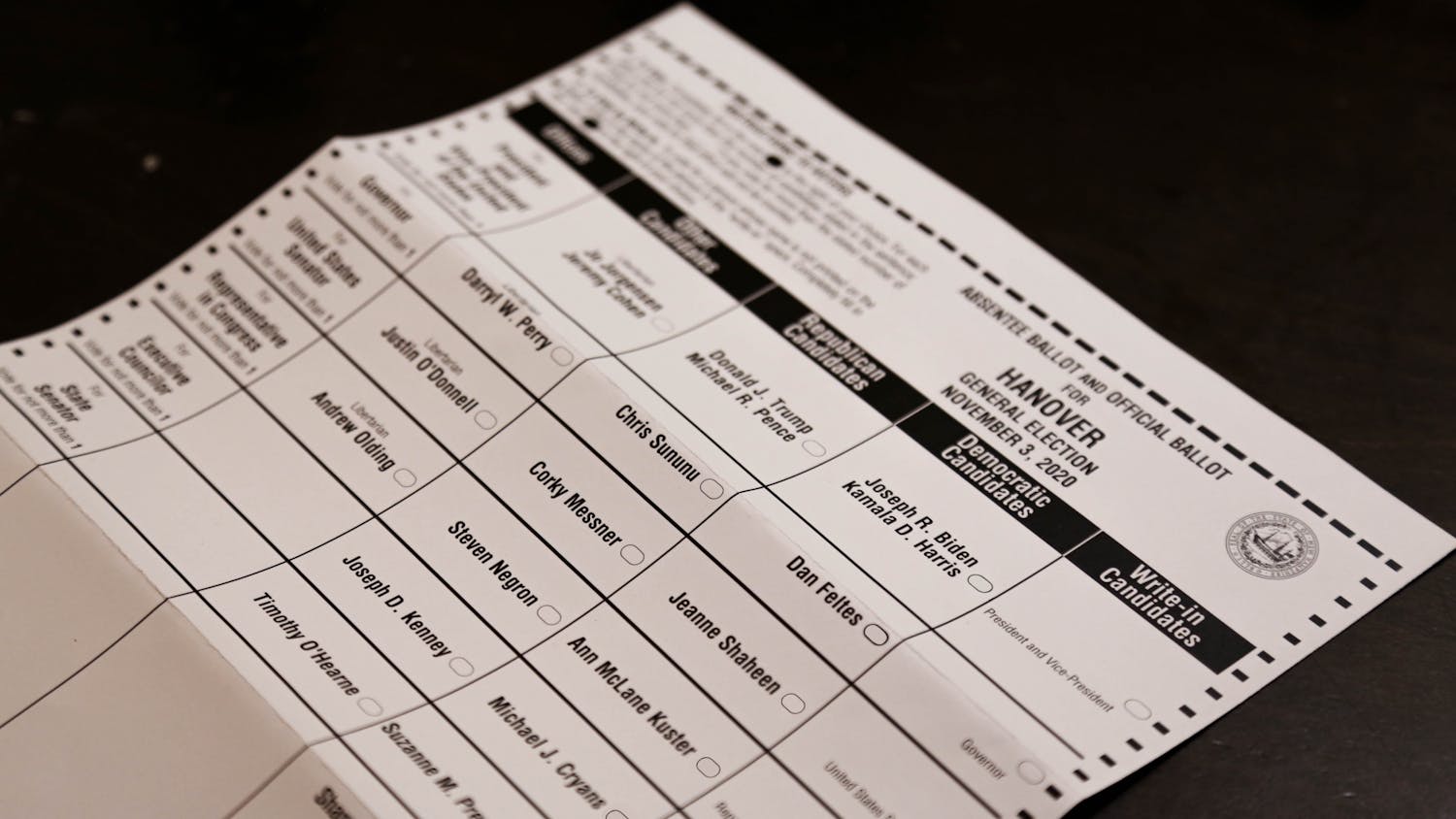Twenty of the bills proposed during the current New Hampshire legislative session have been flagged as potentially threatening to the autonomy of local governments by the New Hampshire Municipal Association, a group that advocates for the interests of towns and localities at the state capitol. Many of the bills would result in the state exerting more control over local affairs in policy areas ranging from gun control to immigration enforcement.
Two of the most controversial bills — H.B. 307 and H.B. 2 — have passed the Republican-controlled state House during the 2021 legislative session. H.B. 307 would prohibit municipalities from regulating the use and possession of firearms on public property. An amendment in H.B. 2 — the state budget bill — would forbid local governments and any contractors they hire from teaching their employees about “divisive concepts” like “race and sex scapegoating.” The bill’s critics say it would impede instruction on systemic racism, sexism and implicit bias. Both bills are currently under consideration by the state Senate, which is also controlled by Republicans.
“This is the most toxic legislative session I’ve seen in 31 years with how the House is treating local governments,” Hanover town manager Julia Griffin said. “It seems that multiple committees have gone rogue, recommending bills that could harm local governments.”
NHMA government affairs counsel Cordell Johnston said that there has been a growing anti-local government sentiment in the New Hampshire legislature in recent years, particularly in the House. He added that while the lobbying group has had “decent success” in influencing votes against the 20 bills, the group will continue to lobby the Senate to reject H.B. 307 and H.B. 2.
Griffin said that if signed into law, H.B. 307 would prevent Hanover from restricting activities like gun sales at the Community Center or firing a gun in a public park or cemetery. Similarly, Johnston said that the “nonsensical” divisive concepts amendment in H.B. 2, while unlikely to be included in the final budget bill due to opposition from industry groups and Gov. Chris Sununu, a Republican, has upset many businesses.
“Both of these bills represent steps towards state control of local affairs,” Griffin said. “The ‘little government values’ the legislature promotes are really just big government in sheep’s clothing.”
New Hampshire state representative Sharon Nordgren, D-Hanover, said that Republican representatives, who won control of both chambers of the state legislature in the 2020 elections, refused to pass a budget bill unless items like the “divisive concepts” amendment were included in the bill. All but two House Democrats voted against the bill, a level of opposition Nordgren attributed to the inclusion of other “controversial” amendments including cuts to the rooms and meals tax and restrictions on emergency powers.
State representative Paul Berch (D-Westmoreland) said that he opposed the “divisive concepts” amendment in H.B. 2, arguing that the measure would prevent school systems and companies from being able to “accurately” teach the history of the United States and New Hampshire. He added that he was “surprised” that Republicans would pass a bill limiting employee training that private contractors could implement.
Republican representative Beth Folsom (R-Wentworth), who voted for both bills, did not respond to requests for comment.
While H.B. 307 and H.B. 2 are the only bills flagged by the NHMA that have passed the House, several other controversial bills remain under consideration. One of the most notable is H.B. 266, which would require local governments to comply with federal immigration requests and would prohibit local governments from adopting “sanctuary city” ordinances.
Lebanon mayor Tim McNamara said that H.B. 266 could nullify part of the “Welcoming Lebanon” ordinance, which prevents local law enforcement from assisting the federal government in immigration investigations. He added that the point of the ordinance was to create a “welcoming environment” for all town residents regardless of citizenship status.
Griffin said that while she thinks H.B. 266 is “unconstitutional,” it would not have a “significant” impact on the town’s “Welcoming Hanover” ordinance that passed last year. She explained that because Hanover does not hold jailed individuals, and most immigration detainment requests are sent to county jails, the town would not likely be asked to comply with immigration requests.
A number of other bills that could affect local governance have been tabled by the House, meaning that they can be modified and voted on again — likely after significant changes. These include H.B. 439, which would limit the powers of city councils, as well as H.B. 111, which would repeal qualified immunity, the legal principle that protects city employees from legal liability for actions undertaken in good faith.
McNamara said that H.B. 439 would “greatly restrict” city councils from being able to pass discretionary ordinances, and that a city council would need to go to the state legislature to ask for approval for ordinances like zoning changes, regulation of dogs and mask wearing.
“This bill would have hamstrung our ability to act expeditiously on issues that are important to our city,” McNamara said.
With regard to H.B. 111, Johnston said that the bill could have made cities and towns financially liable for the behavior of their employees, and that municipal employees could be fired even if they had a “reasonable” belief that their actions at the time were lawful. He added that this might mean that towns may have more trouble with hiring employees.
Berch, who was one of the sponsors for H.B. 111, said that the bill supports the rights of “victims” who may have been wronged by the government. He added that he was inspired to draft the bill due to recent controversies over qualified immunity for law enforcement officers.
“We have a constitutional principle that all citizens [have] the right to a redress of harms,” Berch said. “There should be no exception for government officials.”




